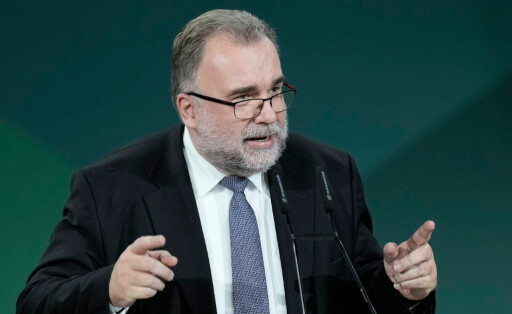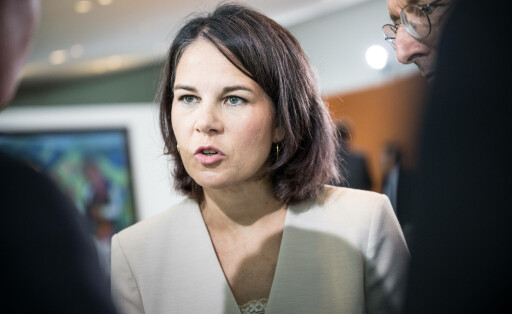
BRICS: new members and a manifesto
The opposition of the BRICS to the US-led policy of the West is so strong that they have pledged full support to Vladimir Putin for the next summit in Russia. They have also announced which countries will soon expand the group of emerging economies.
By Redaktion Table






